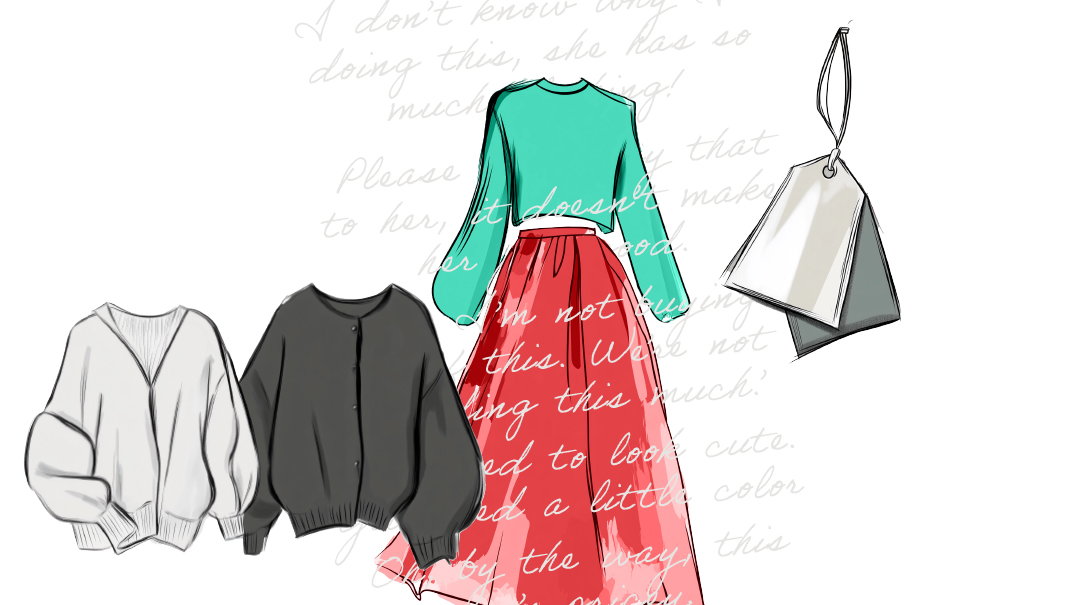Talking Shop
| October 13, 2024Saleswomen and storeowners tell Family First what they want mothers and daughters to know

Suri Danziger,
stylist at The Gallery, Lakewood, NJ
Chaya Benporat,
manager of Meli by Fame, Jerusalem, Israel branch
Martha Hershkovich,
saleswoman at Miri’s, Cedarhurst, NY
Chaya F.,
owner of Everywhen, a boutique clothing store in Jerusalem, Israel
Mindy Weinberg,
saleswoman in a woman’s clothing store in the Tristate area
Malky Mevorach,
owner of Runway, Jerusalem, Israel
Handle with Care
T
he fragility of today’s youth is widely regarded as established fact. But how does it present in the shopping arena?
“We used to be afraid of our mothers, now I see mothers who are afraid of their kids,” Suri says frankly. “I see situations with the kids taking charge inappropriately. A mother will offer her opinion on a dress and the girls will respond with a disdainful, ‘Okay, Ma, you don’t really know, I know.’ ”
Martha has also seen this phenomenon. “I see mothers dying to please their daughters,” she says. “It doesn’t always happen, but it’s a generational thing. We’re part of a generation that’s a little afraid of our children. It’s rare occurrence, but sometimes a mother comes in with her daughter, and the girl is a little grumpy something, and the mother will bend over backward to try to make her happy.
“I don’t know the whole story,” Martha continues. “Maybe the girl is going through a hard time and this outing is meant to cheer her up a bit. But if I see a mother tiptoeing around her daughter, it’s uncomfortable.”
Of course, she says, she’s also encountered mothers who fawn over their daughters. “They’ll say, ‘What can I buy for you, what can I get you?’ ”
“I think I worry more about my daughters than they do about themselves,” Chaya B. admits. “But I’m practicing limits and boundaries myself, with them.”
Chaya F. has seen a marked downturn in this generation’s ability to make do with what they have. “It used to be here in Israel, if clothing was clean and somewhat new, you were fine. But now they don’t want last year’s clothing. I feel this generation is no longer sameach b’chelko.”
“I hear mothers complaining about having to buy excessively for their daughters,” Mindy agrees. “I hear mothers grumbling all the time at the cash register, ‘I don’t know why I’m doing this, she has so much clothing!’ and the daughter says, ‘Ma, I don’t have any clothing!’ They are so much more spoiled. But the mothers buy regardless, because they feel peer pressure from other mothers overbuying for their daughters.”
Malky shrugs, disagreeing. “I think they’re fine,” she says. “In general, I see beauty, refinement, and good middos, not entitlement.”
Chaya B. has also noted those good middos. “I’m so touched when I see a daughter hug her mother and thank her for her purchases. You see how much the daughter values it, and I think, Mother, what did you do to raise a child who is so grateful?”
Oops! We could not locate your form.






